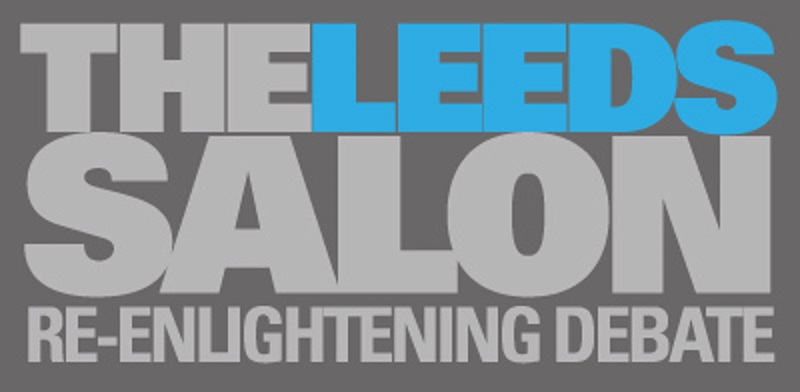The availability, range, cost and quality of food in Western societies have never been more favourable, yet food is also the focus of a great deal of anxiety. There are concerns that our current diets will mean we will get steadily fatter and more unhealthy while consuming junk food’, with consequences for our quality of life, our children’s behaviour and even the environment.
Rob Lyons’ new book, Panic on a Plate: How Society Developed an Eating Disorder challenges these ideas and places the food debate in a wider context.
As the political imagination and the scope of social policy have narrowed, the focus on the personal and corporeal has filled this gap, creating an inward, individualised perspective that breeds a personal sense of vulnerability and distracts from issues of broader social importance. The book also examines the current use of food as metaphor the way that bad food and obesity, for example, have become code words for an elite disdain for the masses, implicitly promoting the idea that the consequences of poverty are the fault of the poor, and that a solution to the problems of social inequality lies in the consumption of five fruit and veg a day.
The author also discusses how health fears around food are used as a lever for greater official control of our everyday lives, from lunchbox inspections and school food crusades, to endless media health advice and scientifically-dubious healthy labelling initiatives. The upshot of these connected trends is misplaced anxiety and wasted effort fixing what, for the most part, does not need to be fixed. Our modern food system allows us to be healthier than ever before, while transforming food from fuel into a source of entertainment, pleasure and choice.



